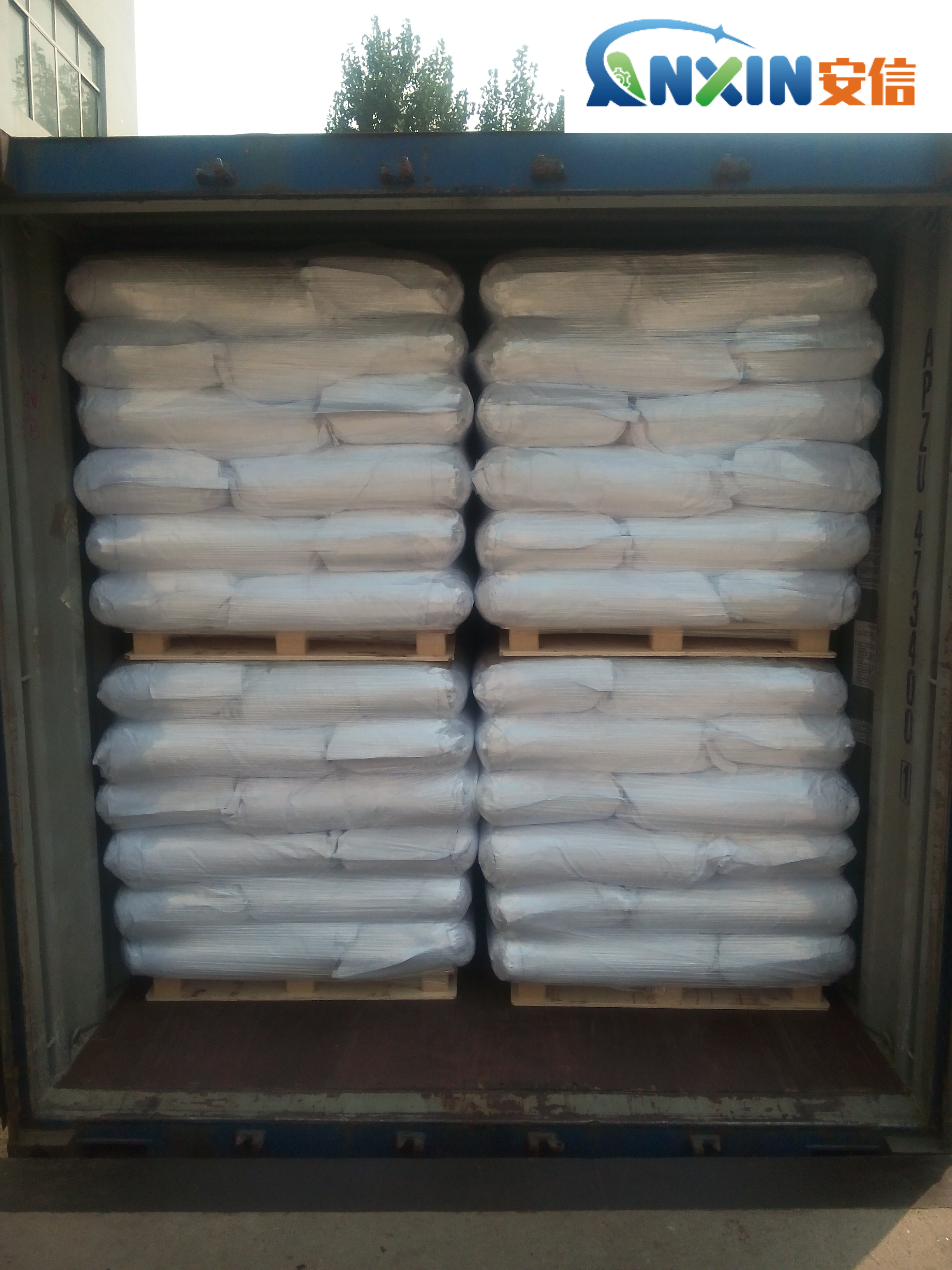Hydroxypropyl starch ether-HPS
Introduction to Starch
Starch is one of the most abundant carbohydrates found in nature and serves as a primary energy source for many living organisms, including humans. It is composed of glucose units linked together in long chains, forming amylose and amylopectin molecules. These molecules are typically extracted from plants such as corn, wheat, potatoes, and rice.
Starch Modification
To enhance its properties and expand its applications, starch can undergo various chemical modifications. One such modification is the introduction of hydroxypropyl groups, resulting in hydroxypropyl starch ether (HPS). This modification alters the physical and chemical characteristics of starch, making it more versatile and suitable for a wide range of industrial uses.
Chemical Structure and Properties
Hydroxypropyl starch ether is derived from starch through a chemical reaction that involves the substitution of hydroxyl groups with hydroxypropyl groups. This process introduces hydrophobic side chains onto the starch molecule, imparting it with improved water resistance and stability. The degree of substitution (DS) refers to the number of hydroxypropyl groups added per glucose unit and significantly influences the properties of HPS.
Applications of Hydroxypropyl Starch Ether
Construction Industry: HPS is commonly used as a thickening agent, binder, and stabilizer in construction materials such as mortar, plaster, and grout. Its ability to improve workability, adhesion, and water retention makes it a valuable additive in construction formulations.
Food Industry: In the food industry, HPS finds applications in products such as sauces, dressings, and bakery items. It functions as a thickener, stabilizer, and texturizer, enhancing the texture, mouthfeel, and shelf life of food products. Moreover, HPS is often preferred over other starch derivatives due to its excellent heat and shear stability.
Pharmaceuticals: Pharmaceutical formulations utilize HPS as a binder in tablet manufacturing, where it improves tablet disintegration and dissolution rates. Additionally, it serves as a film-forming agent in coating applications, providing tablets with a protective and aesthetically pleasing outer layer.
Personal Care Products: HPS is a common ingredient in personal care products such as shampoos, conditioners, and creams. It functions as a thickener and stabilizer, enhancing product consistency, texture, and shelf stability. Furthermore, HPS imparts conditioning properties to hair and skin care formulations, contributing to their overall performance.
Paper Industry: In paper manufacturing, HPS is utilized as a surface sizing agent to improve paper strength, surface smoothness, and printability. Its film-forming properties create a uniform coating on the paper surface, resulting in enhanced ink adhesion and reduced ink absorption.
Textile Industry: HPS serves as a sizing agent in the textile industry, where it is applied to yarns and fabrics to improve their handling characteristics during weaving or knitting processes. Additionally, it imparts stiffness and strength to the fibers, facilitating downstream processing and enhancing the quality of the finished textile products.
Oil Drilling Fluids: HPS is employed in the oil and gas industry as a viscosifier and fluid-loss control agent in drilling fluids. It helps maintain the viscosity of the drilling mud, prevents fluid loss into the formation, and stabilizes wellbore walls, thereby optimizing drilling operations and ensuring well integrity.
Hydroxypropyl starch ether (HPS) is a versatile starch derivative with widespread applications across various industries. Its unique combination of properties, including thickening, binding, stabilizing, and film-forming capabilities, makes it indispensable in formulations ranging from construction materials to food products. As the demand for sustainable and eco-friendly additives continues to grow, HPS stands out as a renewable and biodegradable alternative to synthetic polymers, further solidifying its position as a key ingredient in numerous industrial and consumer applications.
Post time: Apr-15-2024
